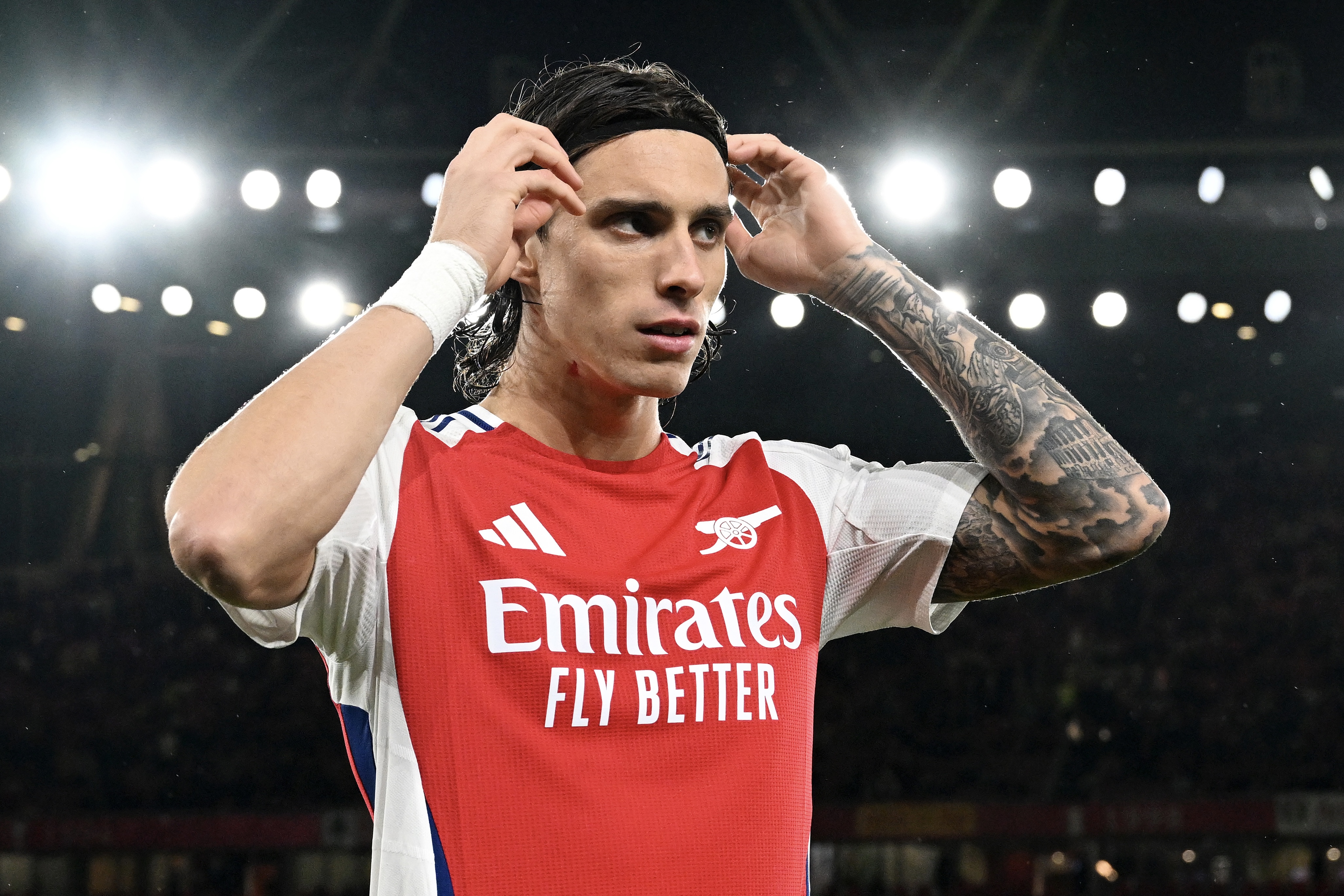On the night of December 12th 2015, Anthony Joshua announced his arrival to the top tier British boxing, powering through a bruising seven rounds with Dillian Whyte to claim the vacant British Heavyweight title in a modern classic.
It was his first pay-per-view event and kickstarted his rise to world champion and global icon.
It was also a memorable night outside of the ring. In the build up to the fight, Stormzy – welcomed to the ring by Michael Buffer, no less – took over the O2 Arena and welcomed AJ to the ring with a performance of ‘Shut Up’, the iconic freestyle video that was shot by a fan in a South London car park. In calling upon an on-the-rise 22-year-old grime MC from Croydon to rap him to the ring, Anthony Joshua demonstrated the type of realness and authenticity that we don’t see often enough from British athletes. He knows his culture and he’s proud of it.
A look back at the last great era of British boxing brings us to an illustrious list of fighters. The likes of Lennox Lewis, Nigel Benn and Michael Watson all inspired a generation but still felt one step removed from those who they represented. Anthony Joshua – with the ringwalk music he chooses and the Nigerian flag he carries to the ring – always make his culture and heritage part of his story.

"AJ carried the sounds of North West London to the world."
18 months after the Whyte fight, AJ retained his crown as the grime scene’s biggest champion in front of 90,000 fans at Wembley Stadium. In attendance that night, I watched Wladimir Klitschko walked to the ring to the sounds of Red Hot Chilli Peppers while AJ emerged to “They Ain’t Ready” by Skrapz. On the biggest night of his career – with an estimated 20 million people watching worldwide – the Watford man carried the unsigned sounds of North West London to the world. After the fight, Skrapz’s track saw a 760% play increase on Spotify. Anthony Joshua has become an athlete that pushes culture forward.
AJ’s attempt to fuse all elements of his identity into his in-ring persona has been a key theme throughout his career and it was on show yet again this weekend as he took on Carlos Takam in Cardiff. This time out, his chosen entrance song was ‘Ojuelegba’ by Nigerian superstar Wizkid and he was once again led out with both the British and Nigerian flags, a respectful nod to his country of familial origin. Some of this might seem trivial but with the African tattoo on his arm, a Nigerian flag in the ring and a desire to bring a world title fight to the motherland before too long, AJ’s pride is all the more powerful because of its obvious sincerity. This doesn’t feel like a money grab or a ploy to increase cultural capital, this isn’t a Floyd Mayweather-50 Cent situation.

"Anthony Joshua represents the value of having a second chance."
Joshua's journey is even more relatable for many, in the sense that it very nearly didn't happen. His amateur bout with Dillian Whyte in 2009 is notable for the electronic tag that was sitting on Joshua’s ankle that night. Joshua told reporters recently, “I don’t want to talk about exactly why I was on a tag then but it wasn’t even possession". Not shying away from his past he added "when I first started boxing, I was looking at a jail sentence so my only ambition was to be found not guilty. That was it". His boxing career could have been ended before London 2012 even began. Having his career and future saved by a two-year suspended sentence, AJ went onto claim a gold medal in his home city’s Olympics. Joshua represents the value of having a second chance. His story demonstrates how young people in difficult circumstances will always have potential. With trust and rehabilitation, people can be capable of so much more than circumstance allows them.
The world will always be in awe of Anthony Joshua’s ability inside the ring but it’s his impact on our culture that could turn out to be the most important. In challenging times, AJ has become a very real symbol of power, pride and hope.


.svg)








%20(1).jpg)




.jpg)







.jpg)




















%202.jpg)


%20copy-2.jpg)






%202.jpg)





































.jpg)

.jpg)



.png)


.jpg)

.jpg)
.jpg)

.jpg)























































